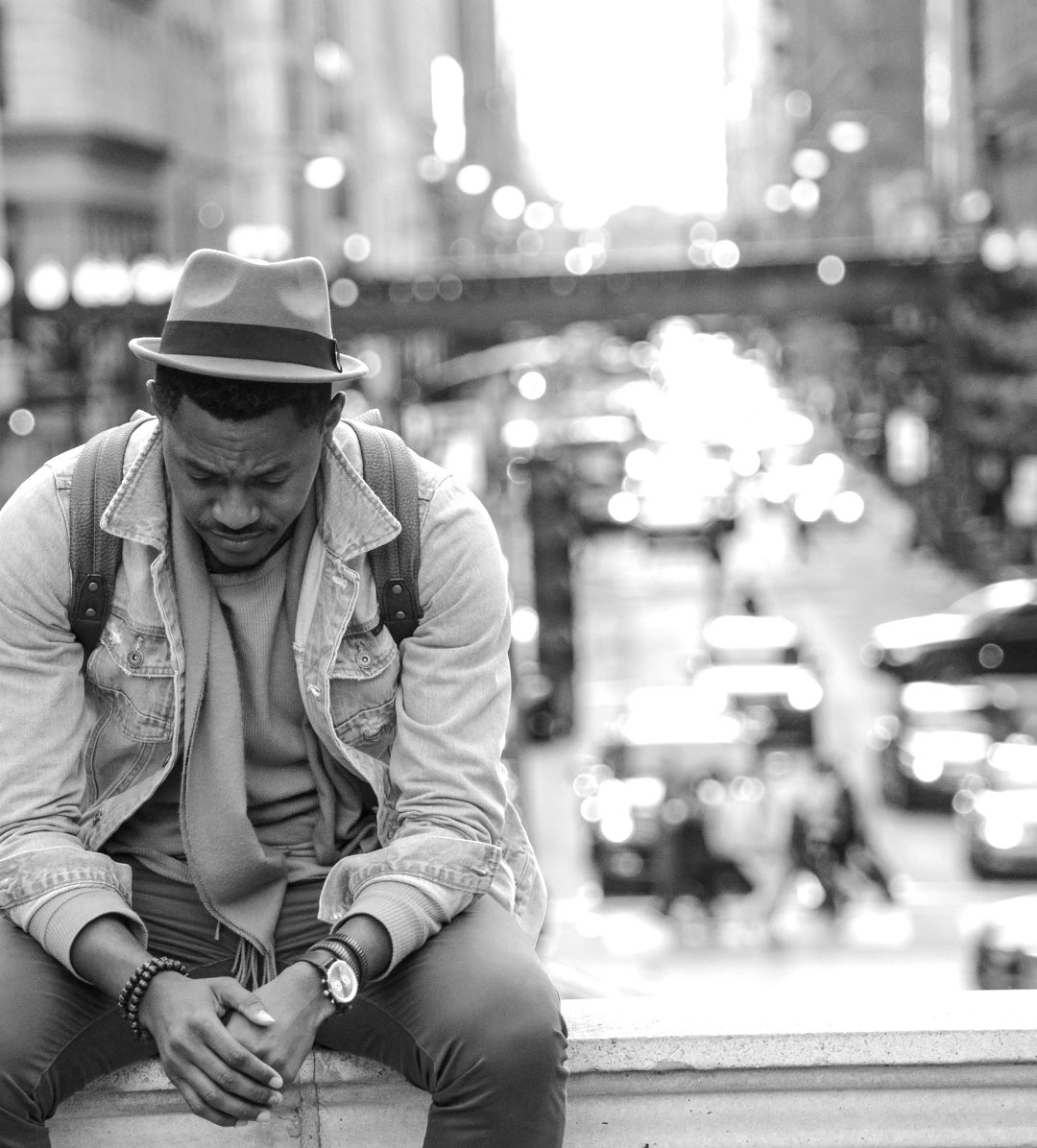This is the latest article in our series on Anti-Racism and Inclusion. Read our previous posts on The Importance of Health Equity, Racism and Physical Health, Racism in the Workplace, and watch the video from our recent interactive webinar on Disparities in Healthcare.
Mental health is essential to our well-being. It’s core to our ability to live a full and productive life, raise a family, and maintain fulfilling relationships.
Across all demographics, people with untreated mental health disorders are at high risk for many unsafe behaviors, like drug or alcohol abuse, suicidal intentions, and other self-destructive actions.
As serious as these impacts are for the general population in North America, they’re even more dangerous for BIPOC communities. “We have research over the past 20 years that shows some pretty definitive links to just about every major mental illness and experiences of racism and discrimination,” says Monnica Williams, associate professor at the University of Connecticut’s department of psychological sciences and psychiatry.
The racial health gap includes mental health
Just as with physical health and discrimination in the workplace, BIPOC communities live with disproportionate adverse mental health outcomes.
In the US, Black people are 20% more likely to have clinical depression, attention deficit hyperactivity disorder (ADHD), and post-traumatic stress disorder (PTSD) than non-Black Americans. At the same time, they’re half as likely to use mental health services than their white counterparts.
This one-two punch of increased risk and reduced treatment rates creates a racial mental health gap, made worse by stigma and increased barriers to accessing mental health services.
A report by the US Surgeon General reported that “Racial and ethnic minorities have less access to mental health services than do whites. They are less likely to receive needed care. When they receive care, it is more likely to be poor in quality.”
“The effect of racism and racial trauma on mental health is real and cannot be ignored. The disparity in access to mental health care in communities of color cannot be ignored,” says Daniel H. Gillison, Jr., CEO of the National Alliance on Mental Health. “Our nation’s African American community is going through an extremely painful experience, pain that has been inflicted upon this community repeatedly throughout history and is magnified by mass media and repeated deaths. While there is much we need to do to address racism in our country, we must not forget the importance of mental health as we do so. Racism is a public health crisis.”
Racial trauma builds over the years and can last a lifetime
Chronic emotional anxiety has a proven negative effect on all aspects of health, including mental. Racial discrimination adds uniquely pervasive and additional stress, complicating everyday life and adding difficulties to situations non-BIPOC people don’t experience.
These repeated traumatic interactions result in lowered self-esteem, internalized hatred, and apologetic thinking. Over time, these experiences add up. The stress of living in a racialized society, where BIPOC people continuously deal with microaggressions and systems that make them feel like they’re not good enough, can foster mental illness and deepen existing conditions.
At the same time, non-BIPOC people are typically unaware of the strains of everyday racism on BIPOC communities. At worst, they can insist that they don’t exist at all and that BIPOC people are making them up or over-reacting. This results in the stereotype of BIPOC people responding with unjustifiable or irrational anger. Non-BIPOC people’s privilege and lack of awareness create a blind spot to racial trauma as it slowly accumulates over years, decades, and generations.
“It may seem like that racialized person is having a very disproportionate reaction,” notes Uppala Chandrasekera, director of public policy at the Canadian Mental Health Association. “But that person is reacting to not just what happened today but that compounding impact of racism over their life.”
This lack of understanding has helped perpetuate the stereotype of the “angry Black person.” It reinforces racist structures by prioritizing white people’s comfort and feigned shock over a BIPOC person’s justified need to express their experiences. It’s an easy way for a non-BIPOC person to dismiss a BIPOC person’s valid concerns as irrational or overly emotional.
In turn, this negation of their lived experiences and ability to express their trauma adds to an on-going cycle of stress and suppression that is uniquely detrimental to BIPOC people’s mental health.
Racism in the Workplace

What everyone can do to help (and get help)
Understanding the problematic past BIPOC communities have endured in healthcare systems is crucial to closing the racial health gap. Awareness of patients’ cultures is an essential aspect of providing the highest quality care, particularly in therapeutic settings.
For those treating BIPOC people with long histories of racial discrimination, that means knowing the history, systemic disparities, and stigmas they’ve battled. These social determinants affect all health areas, including mental and emotional, and have real, long-term impacts on everyone’s lives.
In its resolution against racism, the American Psychiatric Association states that society needs to “be mindful of the existence and impact of racism and racial discrimination in the lives of patients and their families, in clinical encounters, and in the development of mental health services.”
Our Black Lives Matter Resource Guides include a list of organizations where BIPOC people can access therapy and other areas of treatment from Black providers with lived experiences of racism themselves:
- Read the US Member Resource Guide
- Read the Canadian Member Resource Guide in English
- Read the Canadian Member Resource Guides in French
For white people, acknowledging the impact of systemic racism and calling it out when they see it happen are two of the most important things they can do to work as an anti-racist ally.
Depending on the situation, it’s common for a BIPOC person to doubt their perceptions or attempt to brush off a racist incident. This can add to their feelings of isolation and make mental health issues even worse. Non-BIPOC allies can help by validating the racism that they witness and acting with empathy to give support where it’s needed.
The next time it seems like a BIPOC person is emotional or over-reacting to any racist language or interaction, some things a white person can do to help include:
- Naming what they saw and acknowledging that whatever the target of the incident experienced is valid
- Keeping in mind how many countless times BIPOC people encounter these types of aggressions over the years
- Resisting any impulse to give advice or try to impose how they would react in the same situation
- Giving space for BIPOC people to feel however they want to feel without judgment, including expressing anger and frustration
Mental Health America has created a list of actions non-BIPOC people can take to be actively anti-racist and help address the additional stress and mental health burdens shouldered by Black people. Particularly important, they call for white allies to know how to bring a lens of humility to their anti-racism in a way that will actually help BIPOC people:
“Racial justice is a mental health issue. We, as white allies, must participate in change and recognize the emotional impact of oppression. If our goal is mental wellness and the emotional well-being of everyone, then we must be willing to do the necessary work for racial equity. We can’t address one without the other…
Engaging in the fight against racial injustice requires white people to practice humility because this isn’t about us, and we aren’t going to get it right every time. We must be willing to admit that we don’t know it all and that we have a long way to go on this journey of allyship.”






